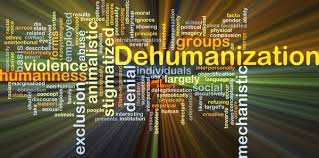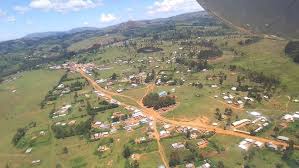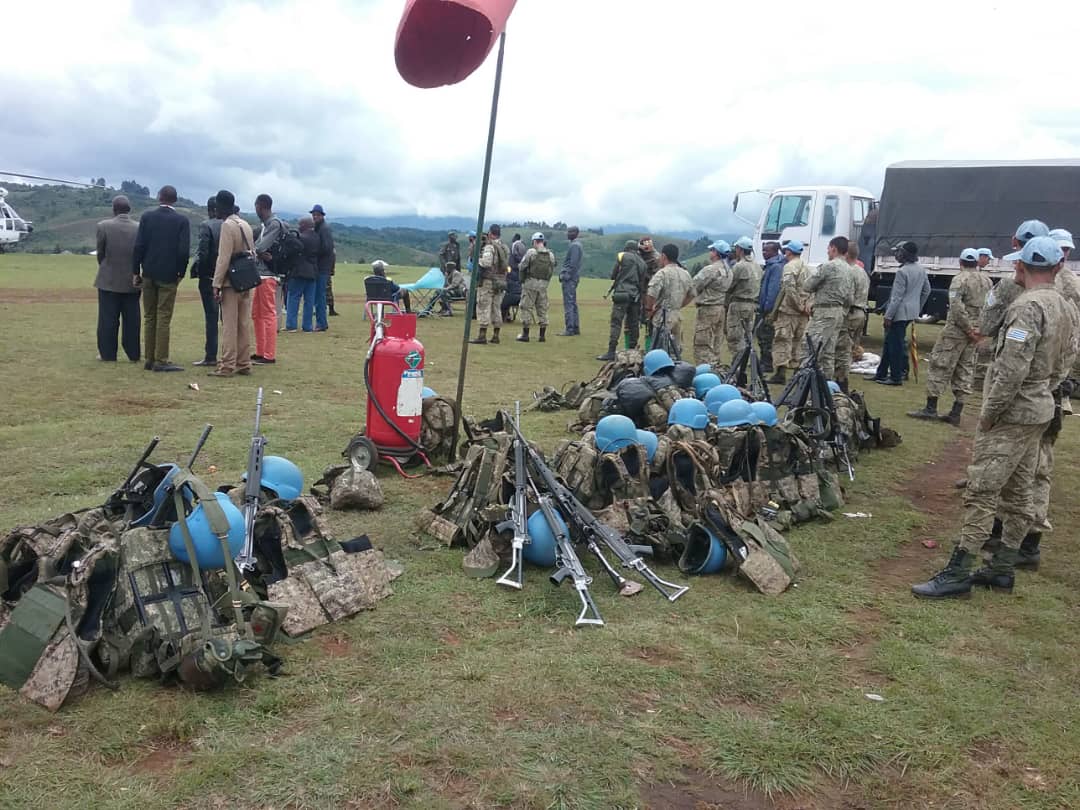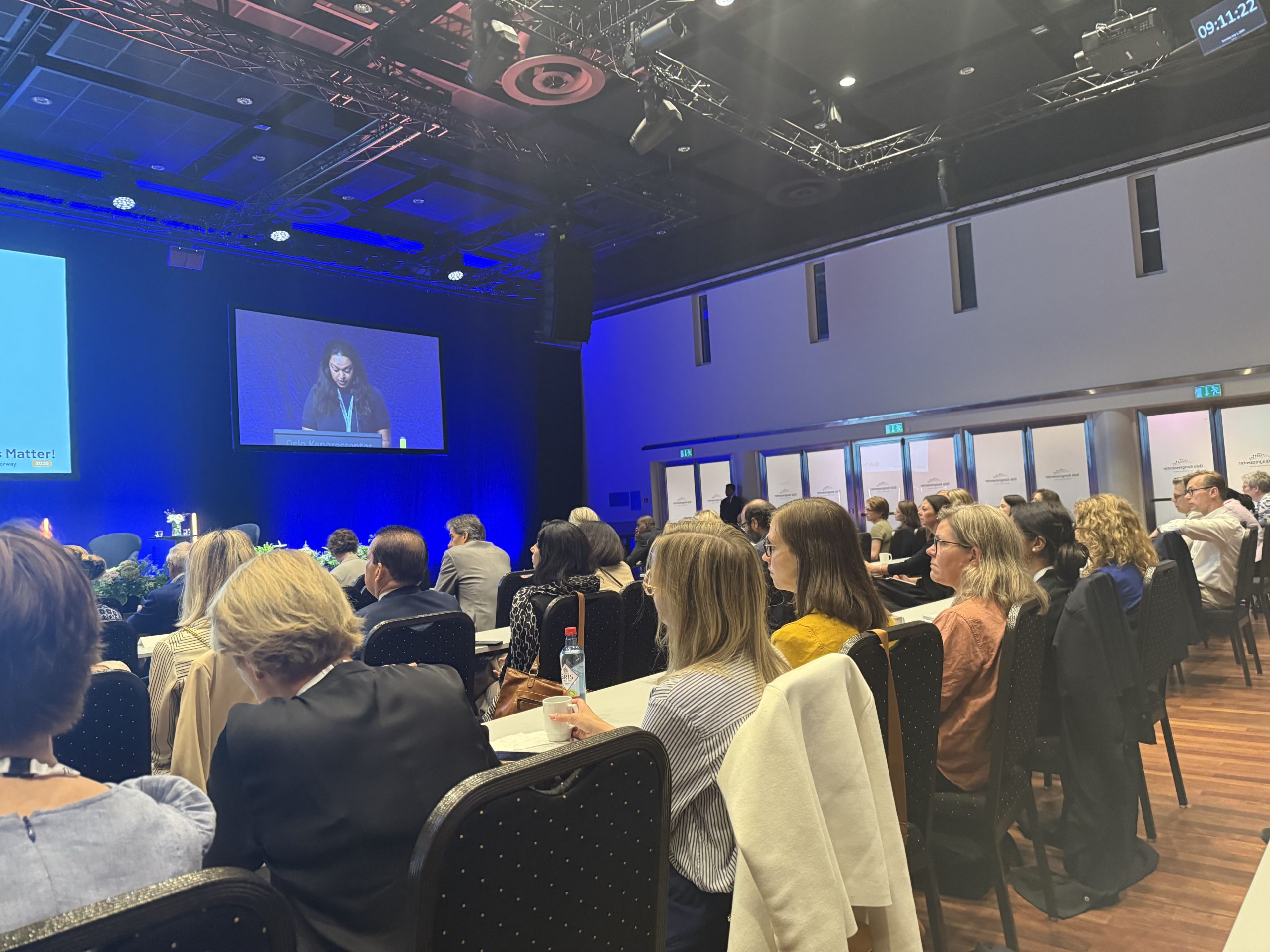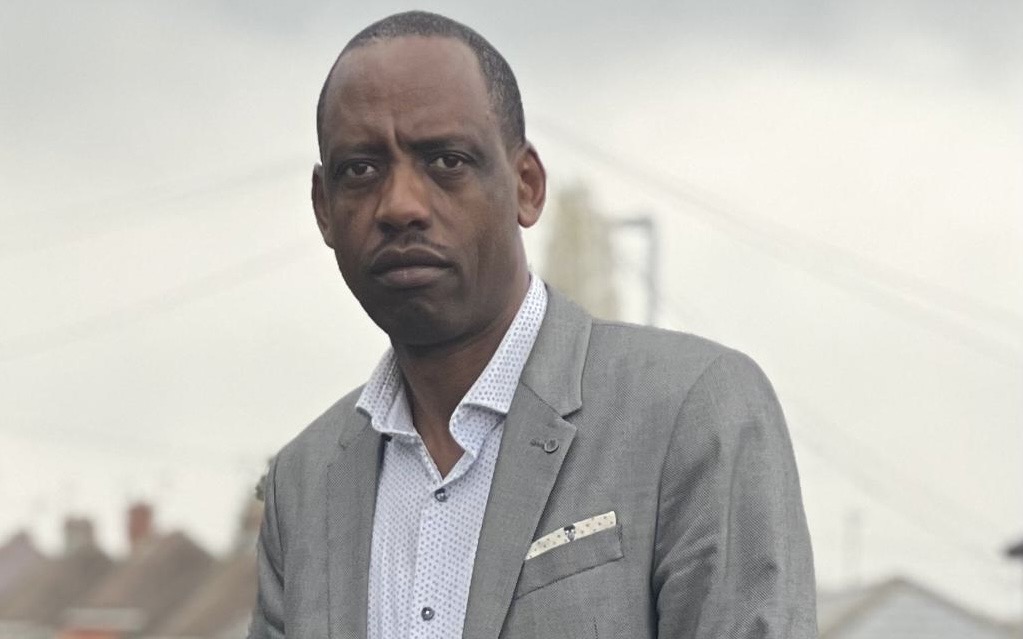01.
Vision
HMC stands up against prejudice, dehumanising (online and offline) and hatred campaigns and speeches.
02.
MIssion
HMC aims to raise awareness about the danger associated with hate speech and campaigns targeting ethnic and linguistic minorities.
03.
Object
For the public benefit, the advancement of education in the subject of racial and religious prejudice and disharmony against minority ethnic groups …
About HMC
Dehumanising to kill and eliminate.
Evidence gathered throughout years corroborates that killings that have targeted the Banyamulenge and other ethnic minorities in Eastern Congo have specifically been coupled with online and offline campaigns to dehumanise and demonise members of these communities. They are largely portrayed as non-native, immigrants and hence invaders. The portrayal originates mostly from historical and colonial classifications of ethnic communities in the African Great Lakes Region.

Firsthand experiences: our driving force
At HMC, we believe that firsthand and lived experiences discrimination, stereotyping and hatred campaigns remain the driving force to invest our efforts in seeking change. As individuals who have encountered these issues at personal and group level, we understand how it hurts but also believe we should be part of the needed change . We encourage you to join us and bring your experience or commitment to end hatred.
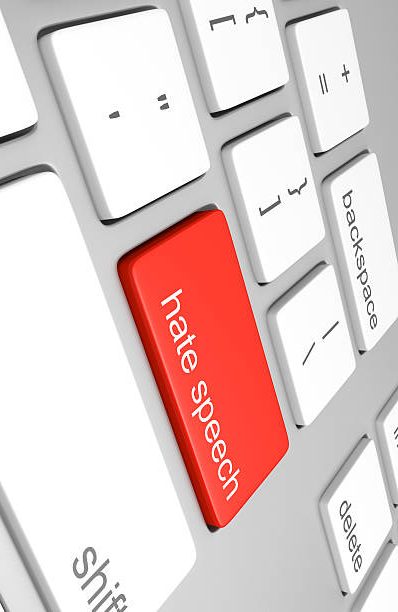
Hate Speech definition.
as per the United Nations, it “refers to offensive discourse targeting a group or an individual based on inherent characteristics (such as race, religion or gender) and that may threaten social peace.”
Why Hate Speech?
Across time and space, whether in the Holocaust, Cambodian Genocide, Genocide in Rwanda, Genocide in Bosnia and Herzegovina, Genocide of Rohingyas, Hate speech and dehumanising campaigns have played crucial role during mass murders and atrocities. “
Hate Speech & the Forum on Minority Issues
The purpose of the Forum on Minority Issues is is a United Nations annual platform established under the Human Rights Council. The Forum identifies and analyzes best practices, challenges, opportunities and initiatives for the further implementation of the Declaration on the Rights of Persons Belonging to National or Ethnic, Religious and Linguistic Minorities. One of the challenges highlighted by the Forum is online violence and hate campaigns.
The 13e session of the Forum on Minority Issues held on 19-20 November 2020 had the following main theme “Hate Speech, Social Media and Minorities“. The key recommendations formulated were around five agendas:
3. Right to freedom
The Forum on Minority Issues emphasized the need to address most cases of hate speech, including on social media, which in most countries is directed against minorities, in the context of the full
realization of the right to freedom of opinion and expression, association and participation.
5. Accessibility & Risks
The Forum on Minority Issues reaffirmed that everyone must have access to social media without risking being a victim of discrimination, racism, violence, hostility, intolerance, stigmatization, vilification and scapegoating, among others, while at the same time acknowledging that minorities tend to be the main victims.
UN & Stakeholders’ role
The Forum om Minority Issues stressed the important role that the United Nations, national human rights institutions, civil society organizations, representatives of minorities, Internet companies, social media platforms and other stakeholders can have in preventing and combating hate speech against minorities on social media.
The Eastern DRC.
For decades now, the Eastern Democratic Republic of Congo (DRC) has been characterized by unimaginable atrocities leading to millions of deaths. Rebellions and armed groups have committed mass killings, rape, and recruited child soldier. Hundreds of thousands of civilians have been displaced, exacerbating rampant humanitarian crises. One of the causes of violence is the sense of belonging or not to the DRC

Early warning signs
Violence that intends to get rid of a social group is sometimes cunning and does sound like a normal argument. It requires dexterity to uncover their intention to incite violence. There are always early signs.
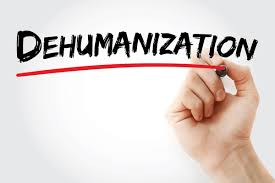
Dehumanisation and demonisation
Terms like “invaders,” “snakes,” or “vermin” and other inflammatory language are frequently used (online and offline) to stir fear and justify attacks against ethnic minorities such as Banyamulenge,…
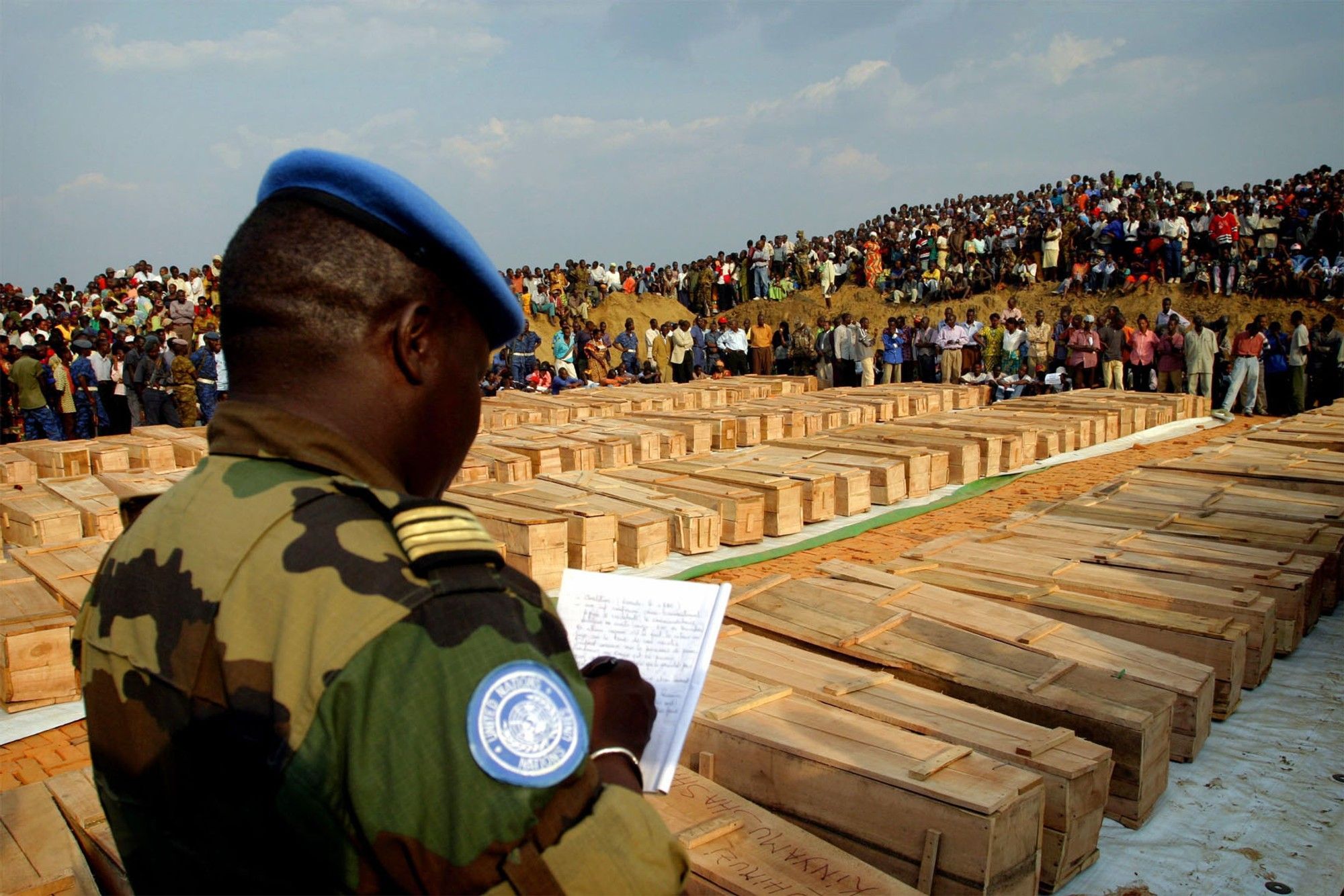
Incitement & violence
Hate speech and dehumanising campaigns are associated with incitement to violence. Militias, armed groups, and political actors often incite people to attack those collectively perceived as “invaders”.
Use AI in assessing Hatred
Artificial Intelligence (AI) creates systems that can help perform tasks imitating human intelligence.
Artificial intelligence (AI) can perform tasks include learning, reasoning, problem-solving, understanding language, recognizing patterns, and making decisions. By using keywords, sentiment, and context, AI helps predict potential violence, track hate speech trends, and suggest preventive interventions & measures. At HMC, we rely on AI to helps analyze social media, news, and speech to detect patterns of hatred and dehumanising campaigns targeting ethnic minorities.
HMC purposes
HMC’s aims are and align with key commitments of the UN Strategy and plan of action against hate speech.
Document online hatred and campaigns.
At HMC, we will gather data and information in relation to hatred and online campaigns against ethnic minorities.
Record online hatred and campaigns
HMC will store hatred information for the best use of this. The recording intends to establish database and datasets to be assessed.
Analyse and assess online hatred and campaigns
HMC will regularly examine and assess the trends and patterns of hatred and what they mean in relation to violence against minorities.
Report online hatred and campaigns.
.The assessment will lead to publications whether as academic articles, working papers but also blog articles and opinions.
Share findings with policymakers and key partners
We aim to share and discuss our finding with key partners, policymakers and decisions-makers so that they can prevent these in the future.
Organise colloques and seminars to get feedback from the public.
At HMC, we see the importance of engaging the general public to raise awareness about this social phenomonon that engulfs the society.
Our Projects
HMC projects cover data analysis of hatred campaigns (using AI) and understand the connection between free and hate speech in democracy.

Online AI data analysis of hate speech and online campaigns against minorities

Democracy, Free & Hate Speech during general elections in DRC
Our team
HMC founders and trustees (see below) have had an interest in researching the Eastern DRC and they specifically dedicated their efforts to understand the danger associated with hate speech and other forms of hatred campaigns targeting minorities.
Research and ethics
HMC appoints for a given members of the advisory Board, namely researchers and scholars who act on voluntary basis. Their role and main tasks is to guide the process of research and publications. All projects and publications will be submitted to the Advisory Board Committee for advise and approval, and this will be mentioned in every publication.
Testimonials
Participants in HMC dialogue and conversations have expressed their gratitude and experience learnt from these:
You want to Get involved?
Ready to take the next step? Let’s get in touch and see what we can do together. We will make it happen.
Contact us
You want to reach out to us?

